As the Covid-19 pandemic had significant impact on hospitals and other health care institutions that led to equipment and staffing shortages and declining revenues, we are likely to see a rise in chapter 11 bankruptcies for health care businesses. There are several considerations that are unique for health care entities as opposed to other businesses in chapter 11 including:
The Appointment of a Patient Care Ombudsman
Unless the Court determines it unnecessary, a patient care ombudsman is typically appointed in health care business bankruptcy cases to monitor the quality of patient care and represent the interests of patients. A debtor can file a motion to dispense with the need for a patient care ombudsman if they are unnecessary to ensure quality services continue for patients. Health care entities should also consider the costs of the appointment of a patient care ombudsman and how they will affect the reorganization.
Role of Regulatory Agencies
Health care businesses will need to strategically determine when to notify the applicable regulatory agencies about the chapter 11 bankruptcy, including the Centers for Medicare and Medicaid Services and other applicable local, state, and federal agencies. Regulatory approval will be required for transfer of assets pursuant to a section 363 sale. If the business is a not-for-profit entity, the debtor will also need to comply with state law regarding the transfer or sale of nonprofit assets.
Automatic Stay Exceptions
While the automatic stay afforded by a bankruptcy filing generally operates to stay most collection actions by creditors, there are exceptions. Most notably of those exceptions that affect health care businesses are recoupment actions. Because of this exception, the government will continue the withholding of Medicare and Medicaid payments to recover pre-bankruptcy overpayments after a provider files for bankruptcy protection. The government is not prohibited by the automatic stay from recouping pre-bankruptcy overpayment claims from post-bankruptcy Medicare or Medicaid program payments. The continued recoupment of overpayments can present a challenge to cash flow during the bankruptcy process.
About DelCotto Law Group
DelCotto Law Group is Kentucky’s asset preservation and business restructuring law firm known for its commitment to the lifetime success of its clients. With offices located in Lexington, Louisville and Danville, DLG serves Kentuckians with complicated financial matters, especially in the areas of bankruptcy and complex litigation. For more information please call (859) 231-5800, email [email protected] or reach us on our contact page.

